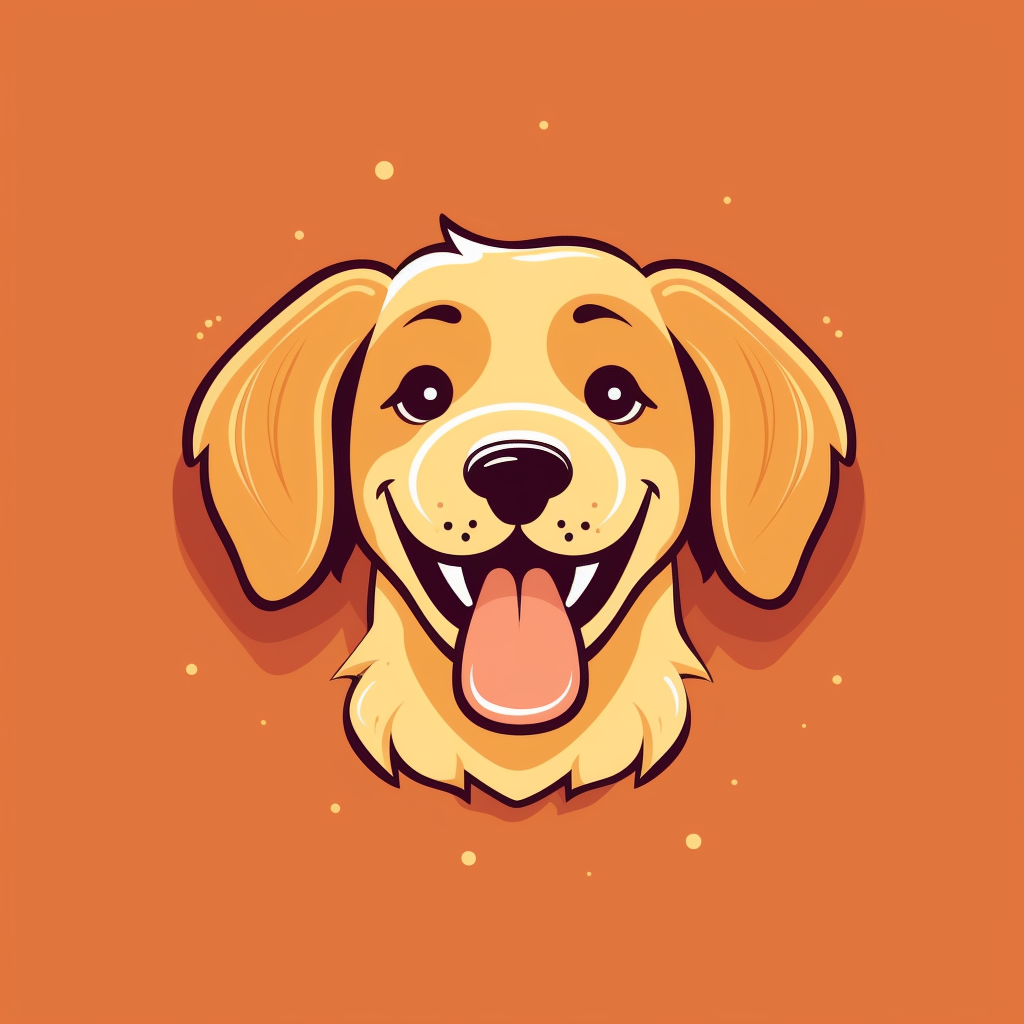How Much Does It Cost to Keep a Pet? [Full Report - UK 2023]
Household Pets has commissioned an expansive study to find out the full costs of owning a pet in the UK.
The research, which is the most in-depth study available anywhere, takes into account all costs, differences in breed sizes, average lifespans, price inflation forecasts and more to give readers a full and true picture of what to expect financially when buying a new pet.
All of the most common species of pets have their own individual reports, detailing the full costs a pet owner can expect to undertake.
Budget Pets

Due to their small size and shorter lifespan, a hamster is the cheapest pet you can keep. If you opt for all the lowest cost options, then the lifetime expenditure should come in at just under £500. The full costs and figures are disclosed in the cost of a hamster publication.
However, most of the smaller pet rodents included in the study are quite affordable options. The next cheapest option is a gerbil, which only costs around 8% more than a pet hamster; see the full details in the cost of a gerbil publication.
Premium Pets

It will come as no surprise that dogs are the most expensive pets you can keep, due to the vast amount of food needed for the largest breeds. Insurance, vet bills, and the range of accessories that dogs also require push up the cost of keeping them as pets. The full costs are revealed for all sizes of dog breed in the full cost of dogs study.
Cats are the closest second, at around 20% cheaper on average. However, there are lots of variations depending on the size, breed, diet etc. If you wish to check the full details, see the cost of keeping a cat publication.
Longest Lifespan Pets

Cats have the longest average lifespan of the animals included in this study, with some cats living up to 17 years old or more, although this can vary depending on breed and quality of lifestyle. In some cases, cats with outdoor access may have shorter life expectancies due to the dangers they can encounter. The cost of owning a cat data shows what cat owners can expect to pay over this time.
The second longest average lifespan is small dogs at 12.5 years. Small-breed dogs often live longer than larger dogs as it is believed they age slower. Medium-sized dogs live 11.5 years on average, while large and giant dogs have an average life expectancy of 10 years. For more information on how the average life expectancy affects costs, read the lifetime cost of a pet dog.
Shortest Lifespan Pets

The pet will the shortest average lifespan is the hamster, at only 2 years. This is due to small animals undergoing more metabolic stress than larger pets. To know how this lifespan will affect the costs pet owners will pay, check out the cost of owning a pet hamster during its lifetime.
Both rats and gerbils also live relatively short lives compared to larger pets. The average rat will only live 3 years, while a gerbil usually only lives 3.5 years. For the full details, check out the cost of owning a rat and the cost of a pet gerbil.
Average Pet Insurance Costs

Insurance costs often increase as the pet gets older. For example, a dog owner might pay £279.60 for insurance in the puppy’s first year, but this could increase to almost £1,500 when the dog is 13 years old.
These average monthly insurance costs have been calculated using the annual insurance costs for each year of the animal’s lifespan. To see how insurance affects the overall lifetime costs, visit the dog and cat study pages.
It is important to note that insurance costs can increase when claims are put in. If a pet develops a medical issue at some point and the owner claims vet bills on insurance, this will likely cause the overall cost to rise.
Average Vet Costs for a Pet
Although all pets might require vet care during their lives, dogs, cats, and rabbits will commonly receive veterinary care annually. The first year is often more expensive due to the initial vaccinations, microchipping, and neutering or spaying the animal. These animals will visit the vet regularly throughout their lives. An annual vet visit can include a health check, vaccinations, flea and worm treatment, etc. Depending on the chosen vet practice, prices can vary.
- The average vet cost for a dog in its first year is £356.00. A dog owner can expect to pay £758.37 throughout the rest of the animal’s lifetime.
- The average vet cost for a cat in its first year is £251.00. Cat owners could pay £943.25 in vet bills during the rest of their pets’ lives.
- The average vet cost for a rabbit in its first year is £264.00. Over the rest of its life, a rabbit might cost its owner roughly £890.59 in vet bills.
These average vet costs have been calculated for a healthy animal. Some pets will require additional vet care if they develop health conditions or become injured during their lives. Pet owners should have a contingency plan in place if their pets become unwell in the future.
